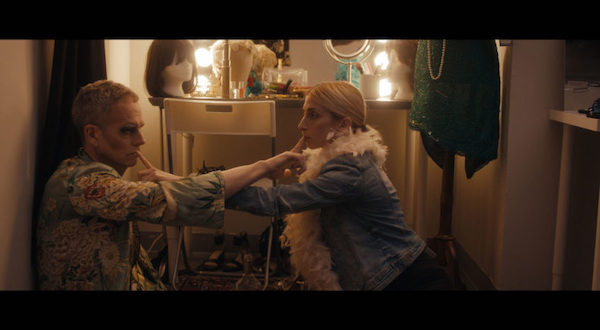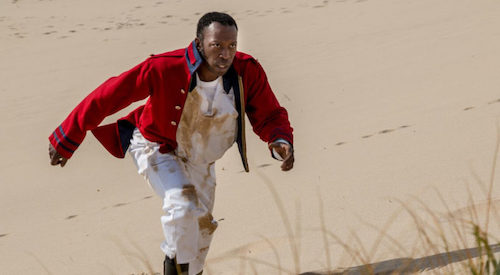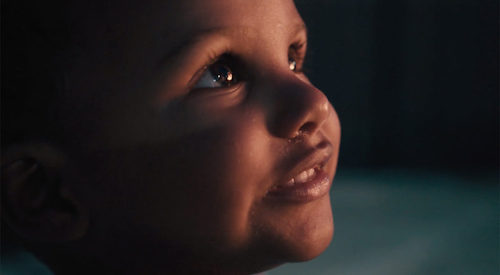Brooklyn Film Fest Carries On

Like many events these days, the 23rd edition of the Brooklyn Film Festival is going virtual. New York City’s longest-running international competition film fest, which runs this year from Friday, May 29, through Sunday, June 7, is offering a full lineup of over 140 films for free. (Viewers need only register.)
Planned many months ago, the theme of this year’s event is “Turning Point,” which takes on a whole new significance given the implications of the current pandemic. In addition to 15 narrative features and 10 documentary features, there are narrative and documentary shorts, experimental films and animation. The festival’s long-running rules: Participating films cannot be older than two years, films are selected from submissions only, all the selected films participate in the competition, and the smallest film can win the top festival award: The Grand Chameleon. In each of the six film categories, a panel of judges will select the Best Film, while the festival will select the Spirit Award, and the audience the Audience Award winners. There are also awards given for Best Actor, Best Actress, Best Composer, Best Style, Best Editor, Best Cinematographer, Best Screenwriting, Best Producer, Best New Director, and Best Brooklyn Project. The festival’s full slate of films can be found here.
A few highlights:
The Black Emperor of Broadway, directed by Arthur Egeli and written by Ian Bowater, is part of their Provincetown Trilogy collaboration, three narrative films set in the Bohemian community of Provincetown, Cape Cod. The film tells the true story of Charles Gilpin, the immensely talented African-American actor who starred in Eugene O’Neill’s The Emperor Jones in the 1920s. Though the film is a bit stagy and is marred by an overly dramatic soundtrack, it’s buoyed by its excellent actors, especially Shaun Parkes as Gilpin. It’s also a fascinating narrative of the time, including the thorny relationship between the principled Gilpin, who chafed at the play’s racist language, and O’Neill (John Carter Hensley), who–like many playwrights–felt that his words were sacrosanct.

Higher Love, directed by Hasan Oswald, is a gritty documentary about Daryl Gant, a Camden, N.J., father of eight who tries repeatedly to help Nani, his crack-addicted girlfriend and the mother of his son. A third major character is Iman, a dealer-turned-addict who attempts to get clean with the support of his multi-generational family. The film features several other locals, many of whom are either part of Camden’s addict community or their relatives. Oswald managed to obtain incredibly intimate access to his subjects, especially Daryl, so that we’re privy to the latter’s frustrations and failings (he occasionally drinks too much), as well as his unflagging determination to help Nani, and his love and concern for his children. Nani and her fellow addicts are shown in the throes of their addiction, helpless to help themselves. Sad and sobering.

Milkwater, a comedic drama written and directed by Morgan Ingari, is a likable, assured first feature staring Molly Bernard as a single young Brooklynite who decides to become a surrogate for an older gay man. Milo is a funny, outspoken sort who feels left out when her best friend (Ava Eisenson) has a baby with a wife who seems immune to Milo’s humor. After befriending part-time drag performer Roger (Patrick Breen) in a bar, Milo impulsively offers to have the baby he’s wanted for years. However, the duo have different ideas about their relationship, worsened by her boundary issues and general excessive drinking. (Alcohol plays a prominent role in this movie.) Bernard is perfect as the expressive, exasperating Milo and Breen is solid as the more centered Roger. What could have been a predictable premise turns out to be an engaging film, complete with supporting characters (a trio of “High Fidelity”-like guitar store clerks) and situations (drag night) that call for more screen time. The film feels like a long pilot for a Netflix series, which is not a bad thing.
—Marina Zogbi

